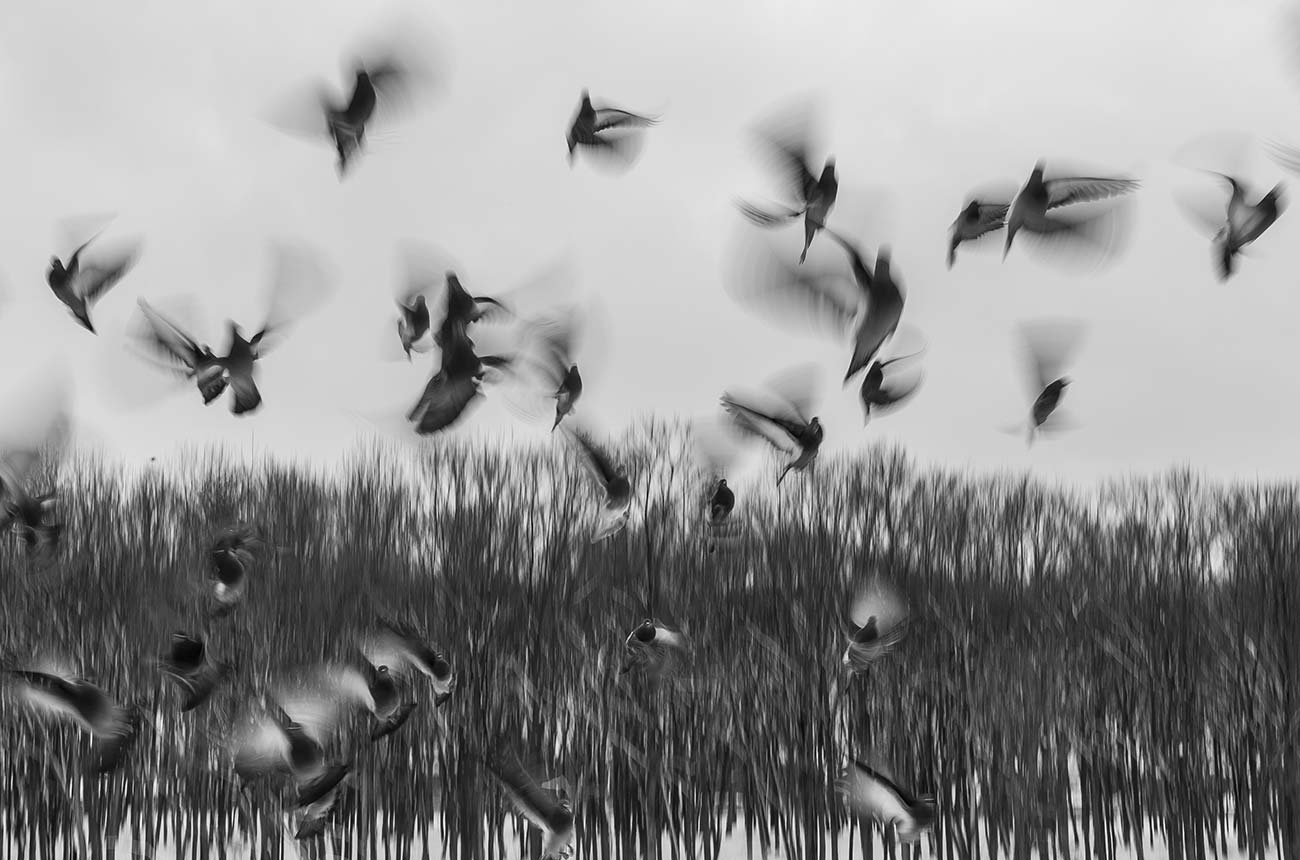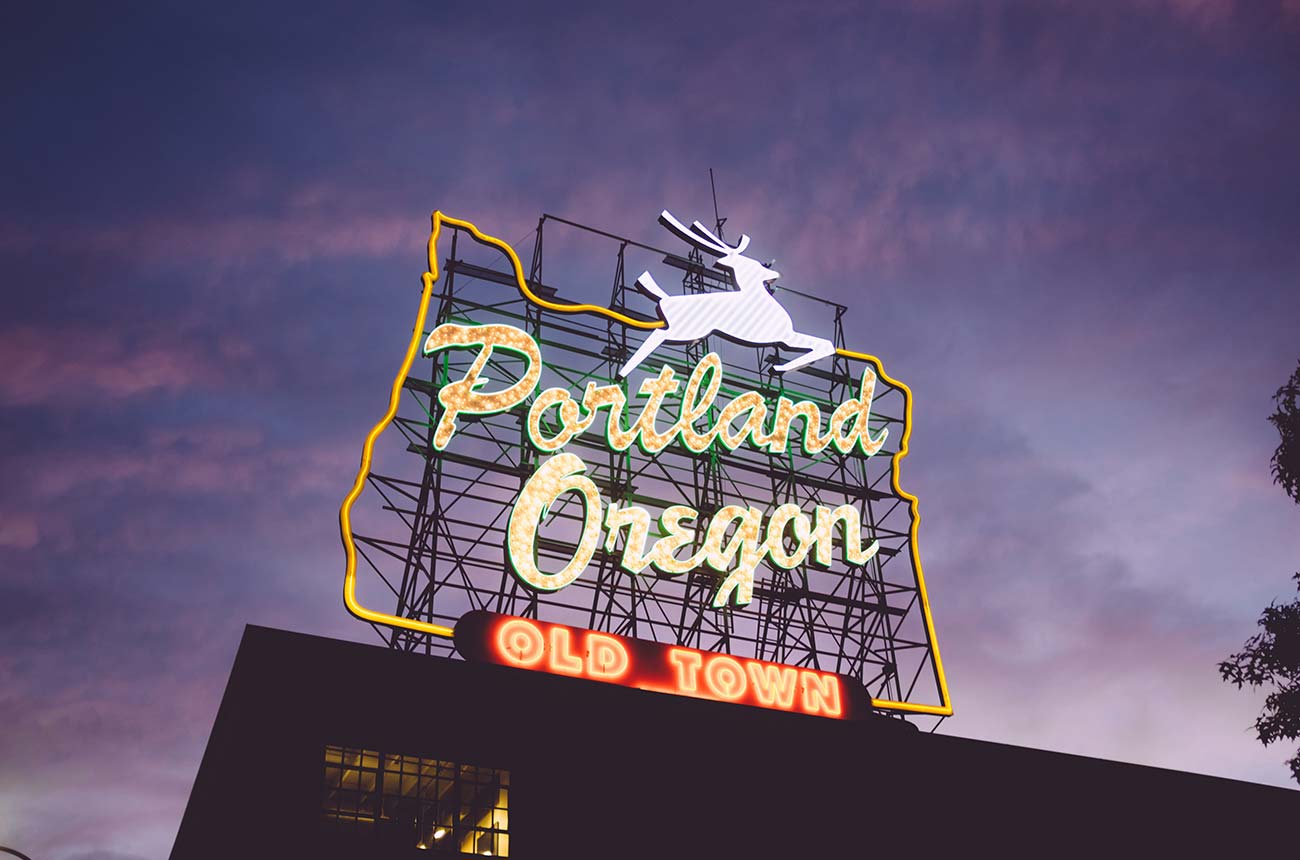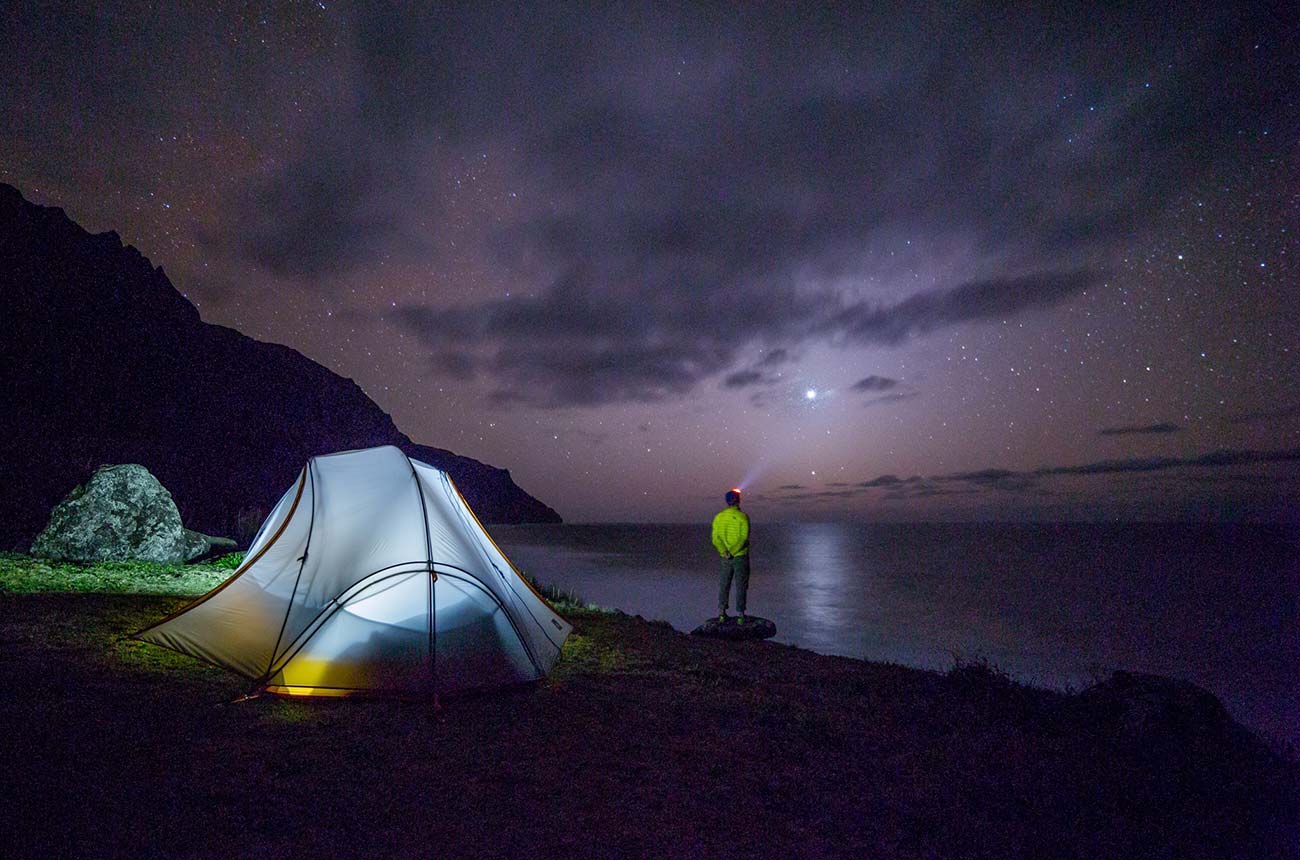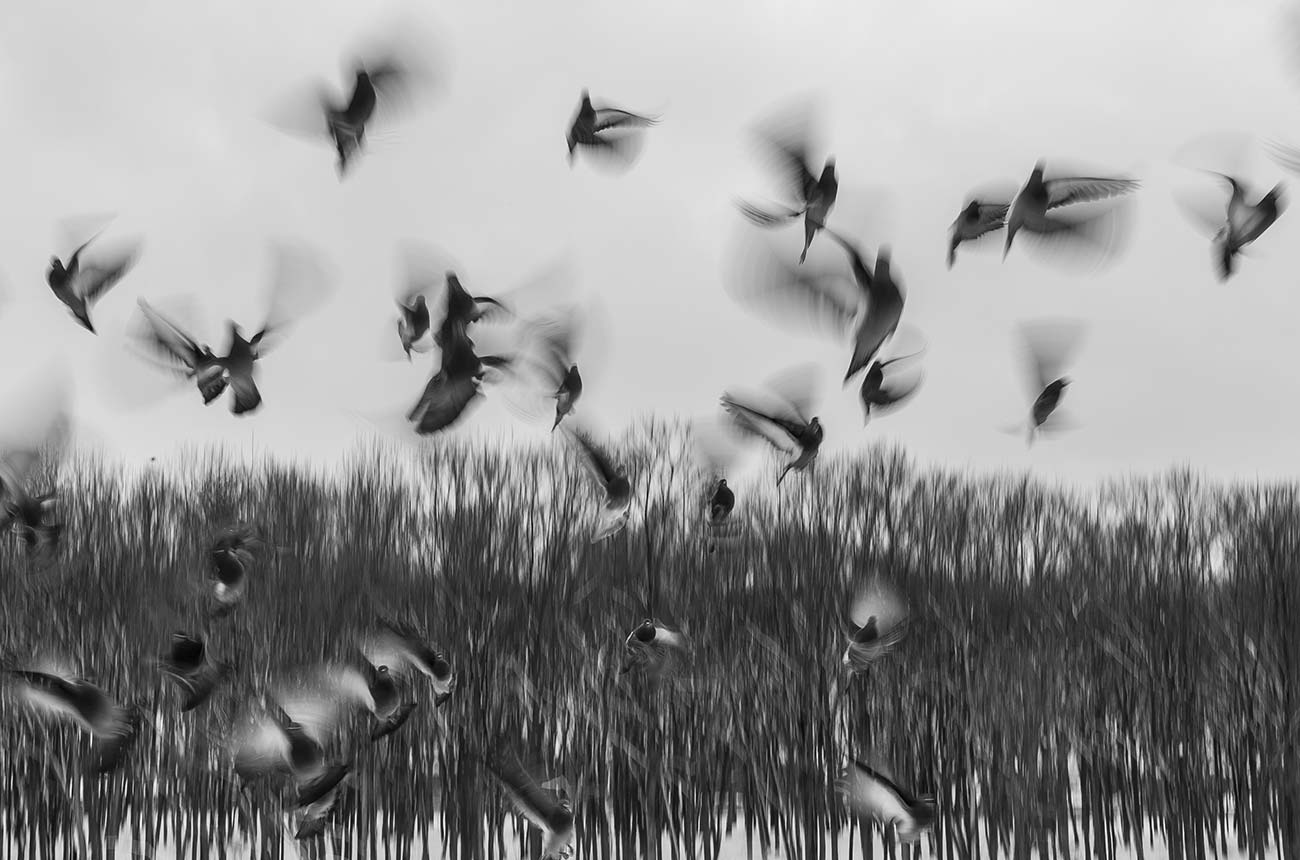The Midwest in October. It's 65 degrees at kickoff and 35 degrees with freezing rain by the third quarter. This volatility is the defining challenge of the fall event season. A generic staffing plan, one that treats a 40-degree game day at Soldier Field like a 75-degree day in another market, will fail. It’s an operational and psychological problem for both stadium crowd management and Midwest event staffing.
This guide is a technical briefing on the unique challenges of Midwest event staffing. We will provide a systems approach for building a resilient, adaptive, and safe staffing model for large-scale event staffing. This is the key to successful large-scale event staffing.
CEO EXCERPT
"Staffing a Midwest stadium in November requires moving beyond a simple headcount to deliver true operational resilience. Our clients trust us because we plan for the weather, respect the local work culture, and understand the psychology of a cold crowd. That is the Midwest event staffing system that ensures a safe, successful event" - CEO, Event Staff
The "Midwest Difference": Venues, Culture, & Labor
Staffing in the Midwest is not a monolith. The region is an ecosystem of diverse venues and local work cultures that demand a nuanced approach to Midwest event staffing.
Venue & Labor Diversity
A successful partner must navigate this complex labor and logistical landscape, which impacts both stadium crowd management and your Midwest event staffing strategy.
- Chicago: You have the dense, urban environment of Soldier Field and the United Center. A successful operation here requires deep experience in integrating with established union labor and managing multiple event overlaps.
- Detroit & Cleveland: These cities feature a mix of historic and modern venues (Ford Field, Comerica Park). Staff here must be trained to manage guest flow in infrastructures with varying concourse widths and weatherproofing.
- Minneapolis & Indianapolis: As major hubs for NCAA championships and large-scale conventions, these cities require staff who can manage the unique, high-passion surge patterns of collegiate fanbases, which behave very differently from a typical pro-NFL corporate crowd.
Audience Profile
The Midwest audience, as a whole, values politeness, clear communication, and a sense of order. Effective Midwest event staffing requires a team that embodies this; a calm, friendly, and authoritative (not aggressive) tone is essential for all guest-facing teams.
The Weather Factor: How Cold and Rain Reshape Your Operational Plan
In fall Midwest event staffing, weather is an active variable, not an afterthought. A sudden 20-degree temperature drop changes everything from staff endurance and morale to guest behavior and spending patterns.
Staff Safety & Endurance Management
Staff fatigue from exposure is your biggest operational risk. A cold, wet, and unmanaged ingress team will see its performance and morale drop by 50% within the first hour. This is a direct liability. The control is implementing mandatory, pre-scheduled rotations for all exposed positions, for example, 30 minutes on the perimeter, 30 minutes in a warm, designated break zone. This is a non-negotiable part of a safe staffing plan.
Logistical & Safety Adaptation
Rain, sleet, or snow flurries create immediate slip hazards on concrete concourses and change how guests move (e.g., clustering under any available cover). The control is to proactively deploy staff specifically for this. This isn't just a "mop-up" crew; it's a dedicated safety team that manages wet areas, reroutes foot traffic away from hazardous spots, and ensures all pathways are clear and safe, as detailed in Event Safety Alliance guidelines. This is a critical part of large-scale event staffing.
The Cold-Weather Crowd: How Psychology Changes Staffing
Crowd psychology shifts dramatically when temperatures dip below 40°. Guests become less patient, move with greater urgency, and cluster in ways that defy standard, warm-weather flow models. Your Midwest event staffing strategy must adapt accordingly.
The Need for Frictionless Ingress
Guests have zero patience for long, cold lines. This wait time isn't just an inconvenience; it's a negative brand touchpoint that directly reduces initial F&B spend, as guests will bypass concourse vendors to get to their seats. Your Midwest event staffing ratios at gates must be tighter to ensure constant, visible movement.
Staff as "Comfort Communicators"
In cold weather, staff tone must shift from purely directional to actively reassuring. Clear, calm, and frequent communication is essential to manage guest anxiety. This means training staff to change their language from "The line will move soon" to "We've opened a new entry 100 feet to your left to get you inside faster." This is how you elevate the guest experience.
Anticipating the "Egress Rush"
Unlike a warm-weather event where guests linger, a cold-weather event ends with a single, critical mass of guests rushing the exits simultaneously. Your egress plan for stadium crowd management must be pre-deployed with staff in place before the event ends, not as it ends, to prevent dangerous bottlenecks.
A Vetting Rubric for Your Midwest Event Staffing Partner
Not all Midwest event staffing partners are equipped for these challenges. Use this rubric to vet potential vendors and ensure they have a resilient, proactive system.
- Weather Contingency Planning: Ask, "What is your specific, documented protocol for a 20-degree temperature drop during an event? How do you manage and schedule mandatory staff rotations for exposed posts?" A professional partner will have a ready, detailed answer.
- Local & Union Expertise: Ask, "What is your experience integrating with the specific union locals at Soldier Field or Ford Field? How do you manage labor boundaries and credentialing?" An experienced partner can speak fluently about this.
- Surge Capacity & Technology: Ask, "What is your 'surge pool' capacity for a last-minute need? What technology do you use for real-time staff communication and redeployment in a large stadium?"
- Training & Onboarding: Ask, "How do you train your staff for 'comfort communication' and de-escalation in cold, crowded, and frustrating environments?" Look for answers that involve scenario-based training, not just a handbook.
Experience the Difference with Professional Midwest Event Staffing
Professional Midwest event staffing is a unique discipline requiring a proactive system that blends logistics, human psychology, and rigorous weather preparedness. A generic plan will fail when the temperature drops. When you're ready to build a resilient, data-driven staffing plan for your next large-scale event staffing challenge, you can get an instant quote to see how our Midwest event staffing experts make the difference.



.webp)
.webp)
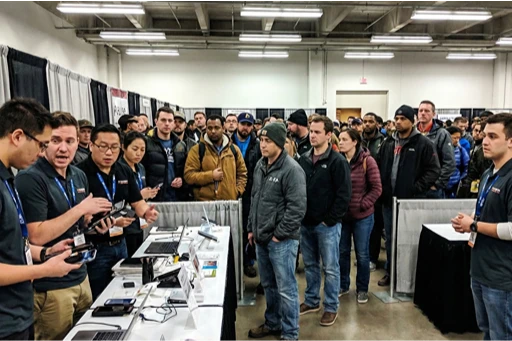
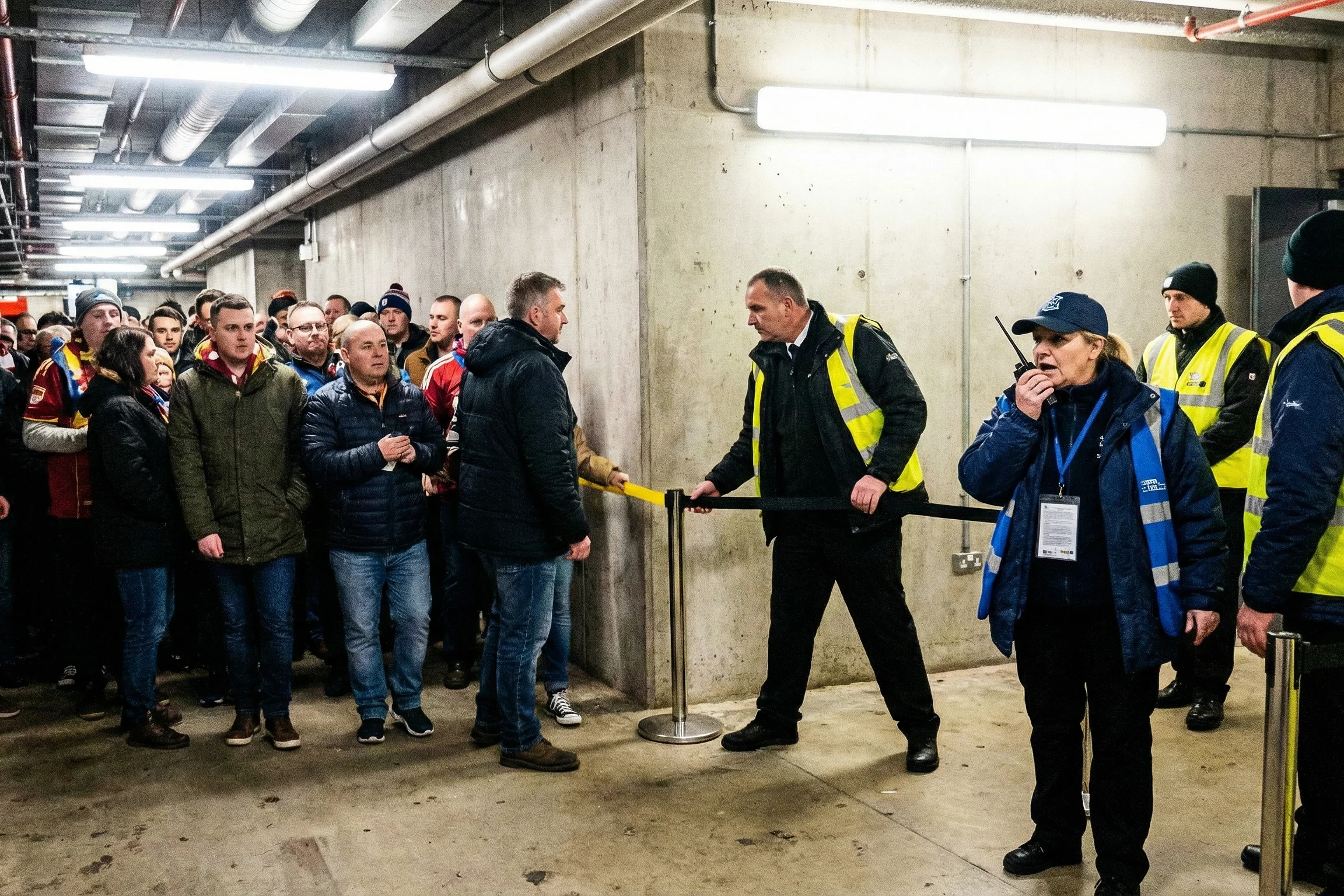
.webp)
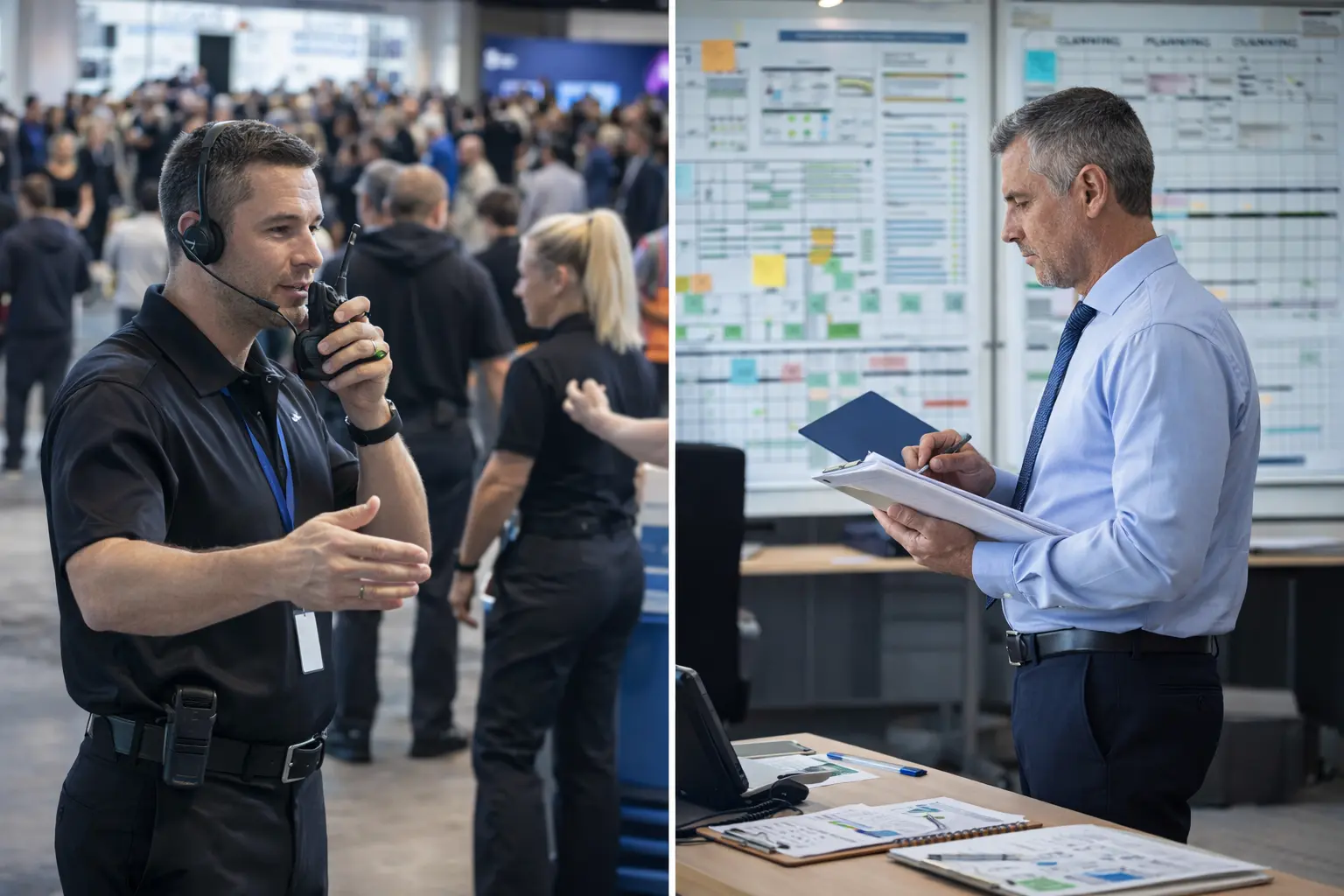
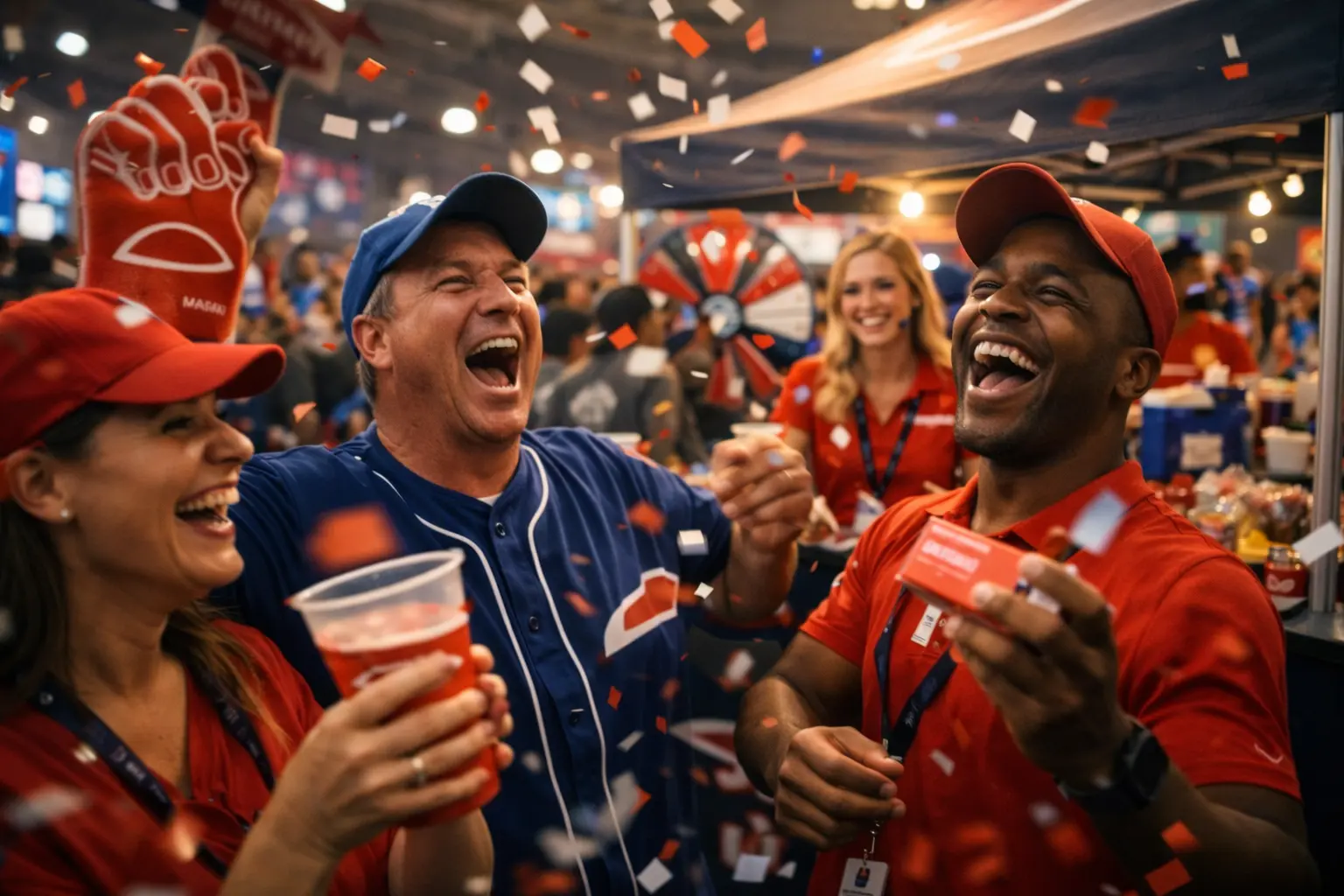
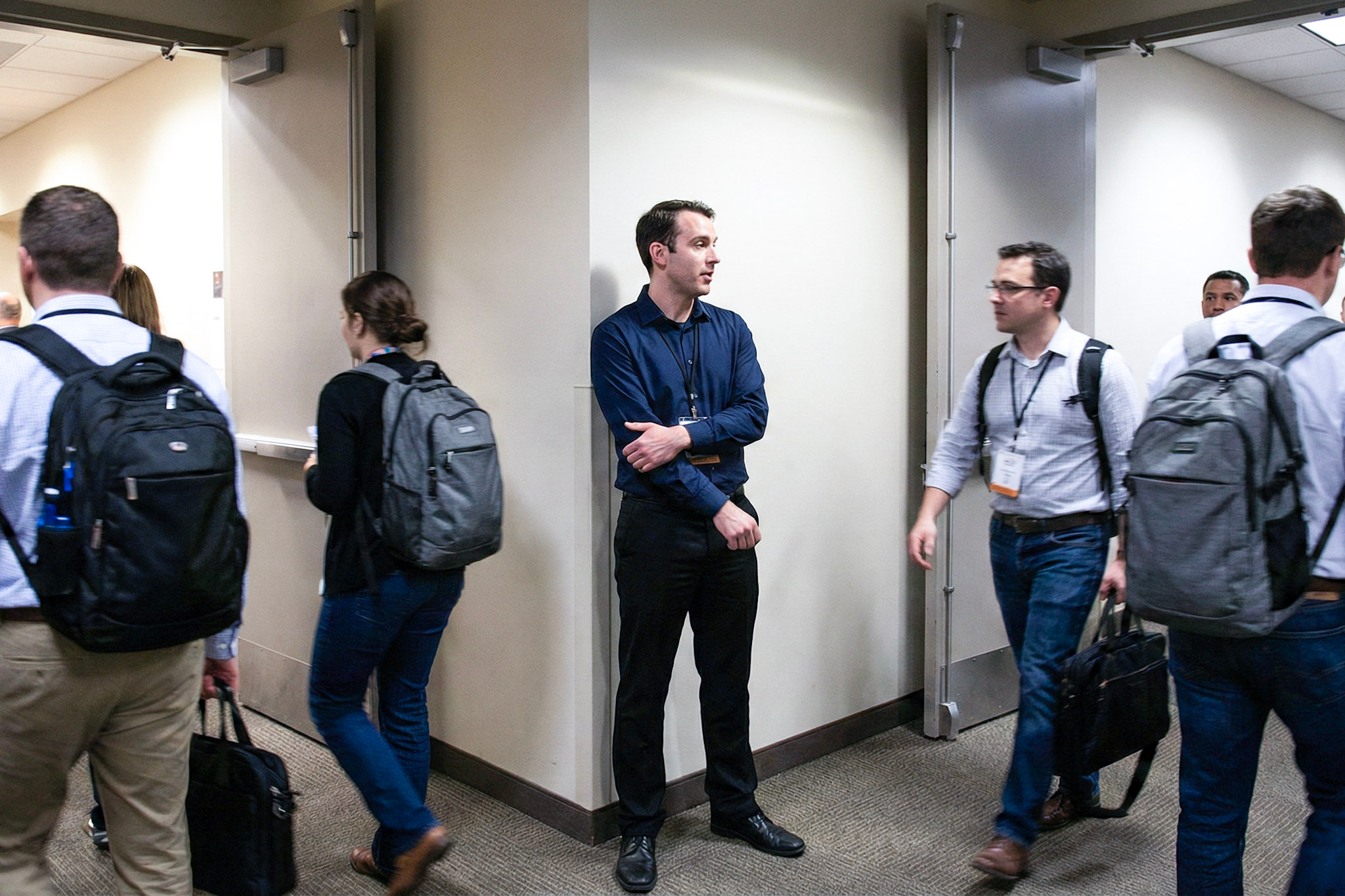
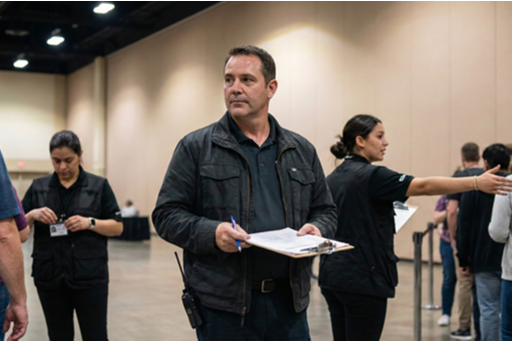
.webp)
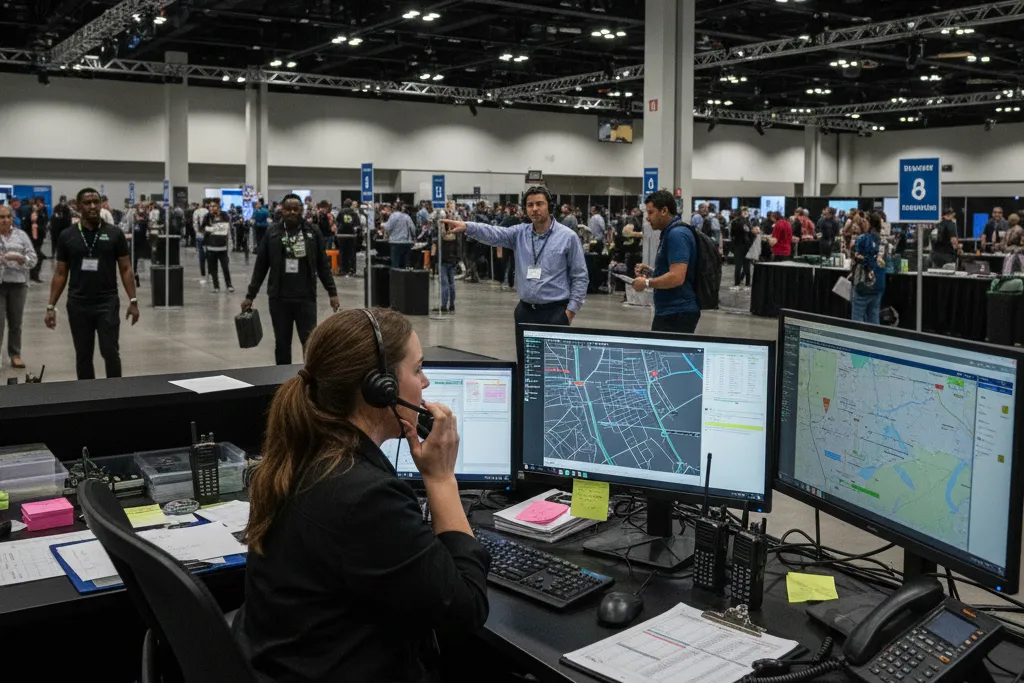
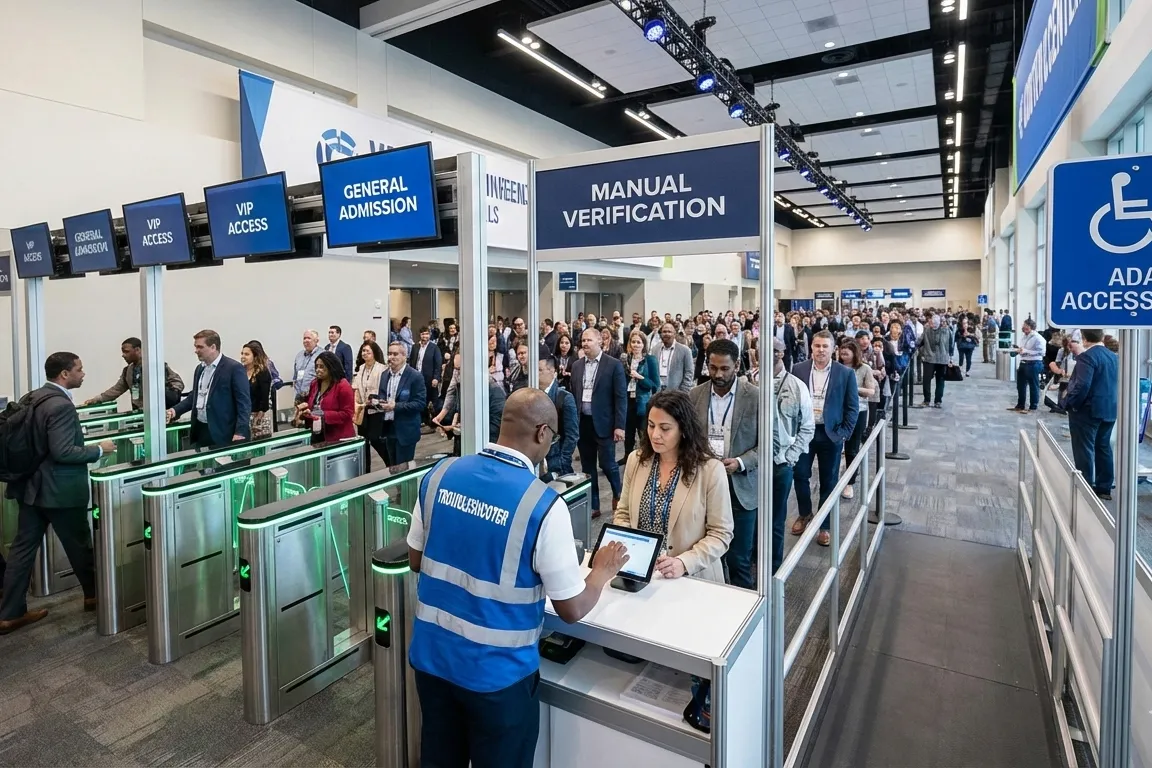
.webp)
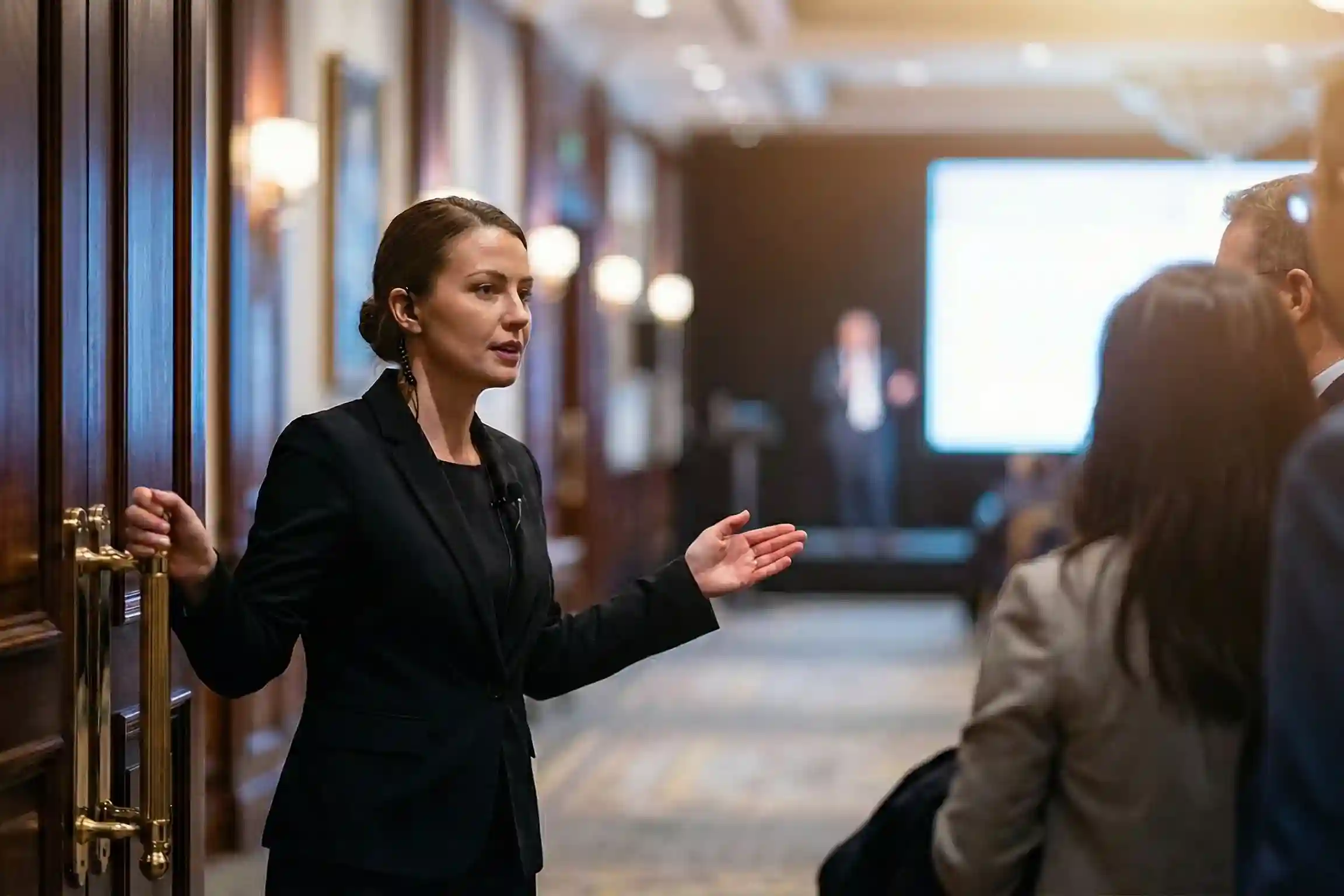
.webp)
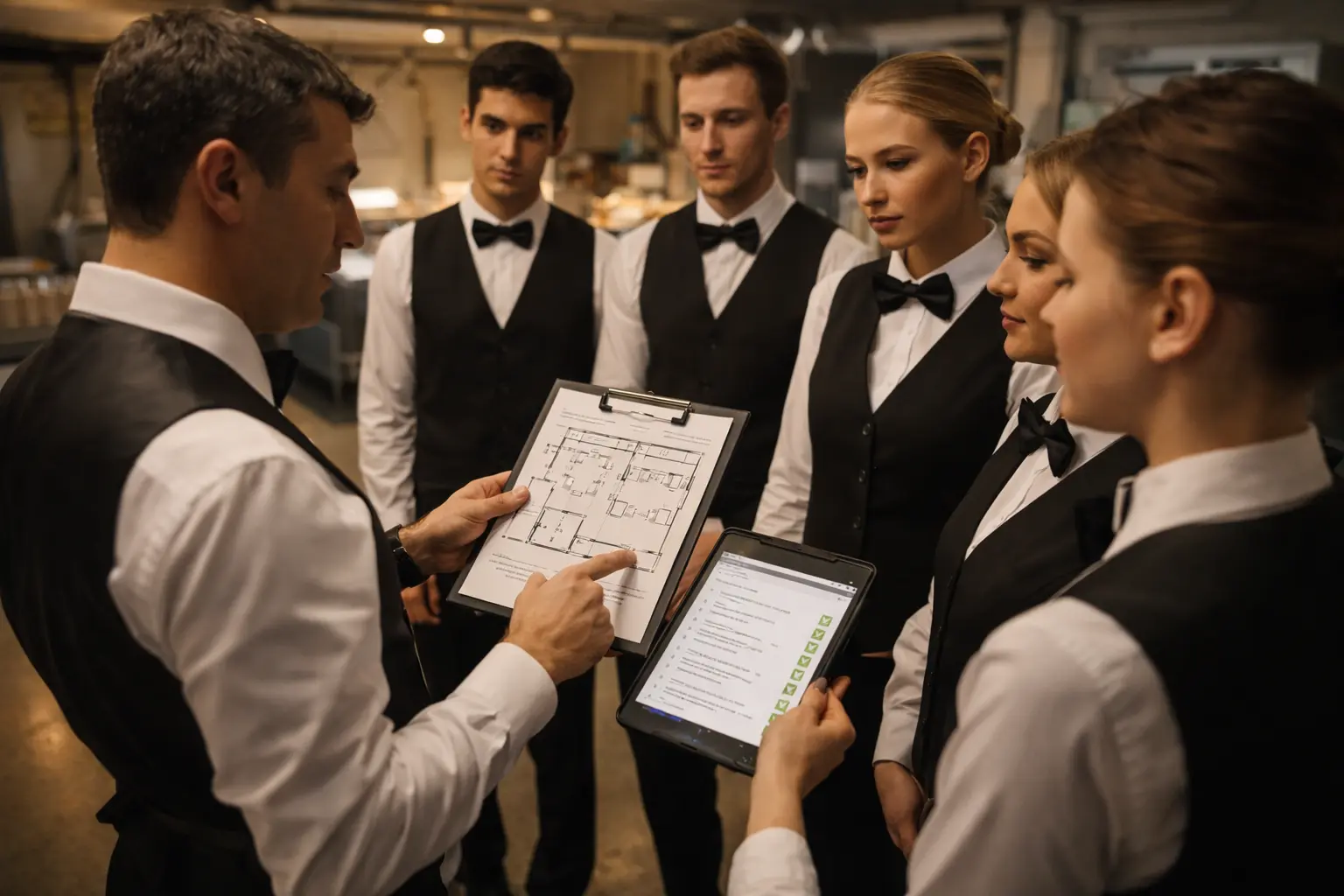
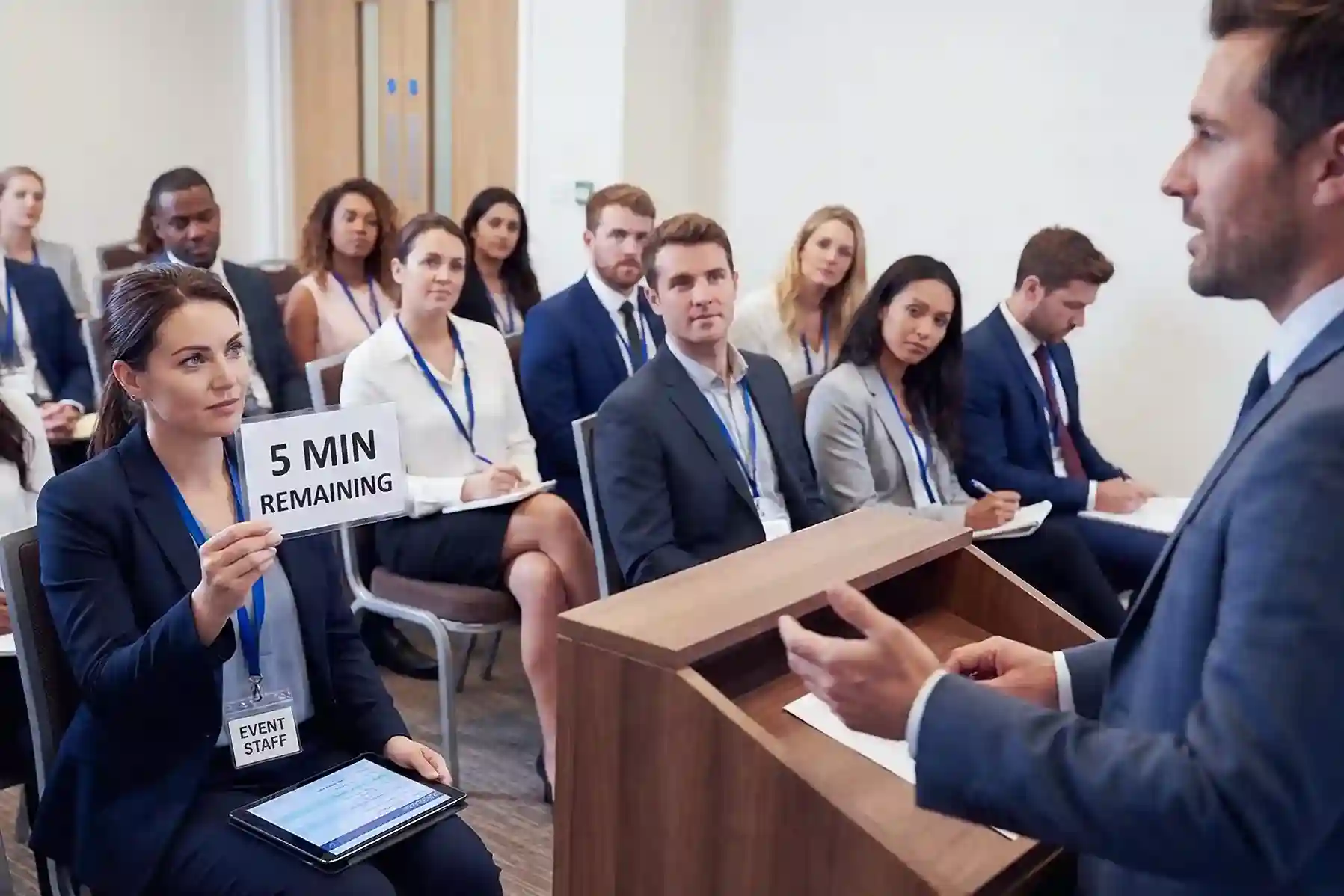
.webp)

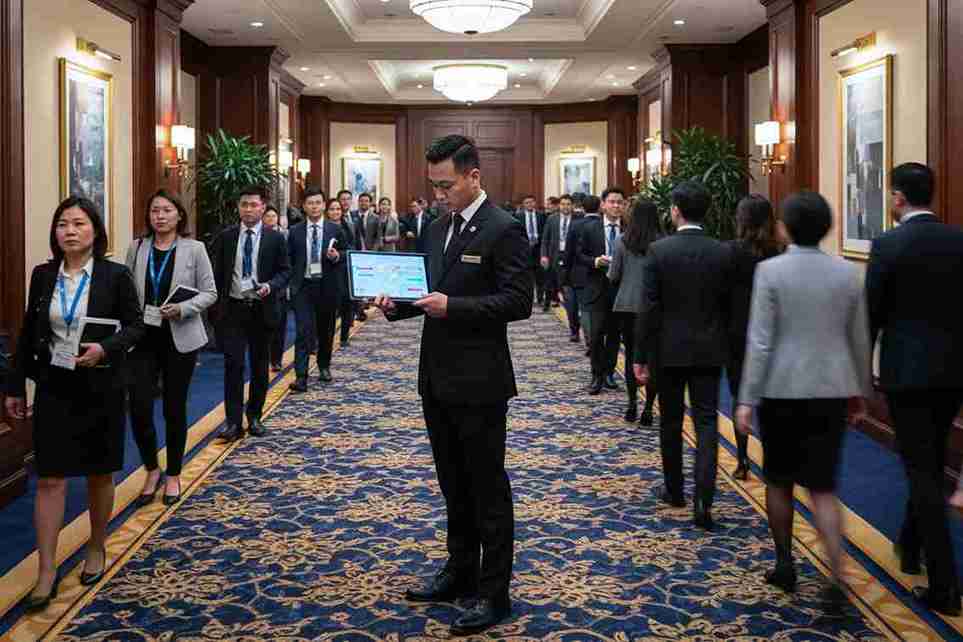
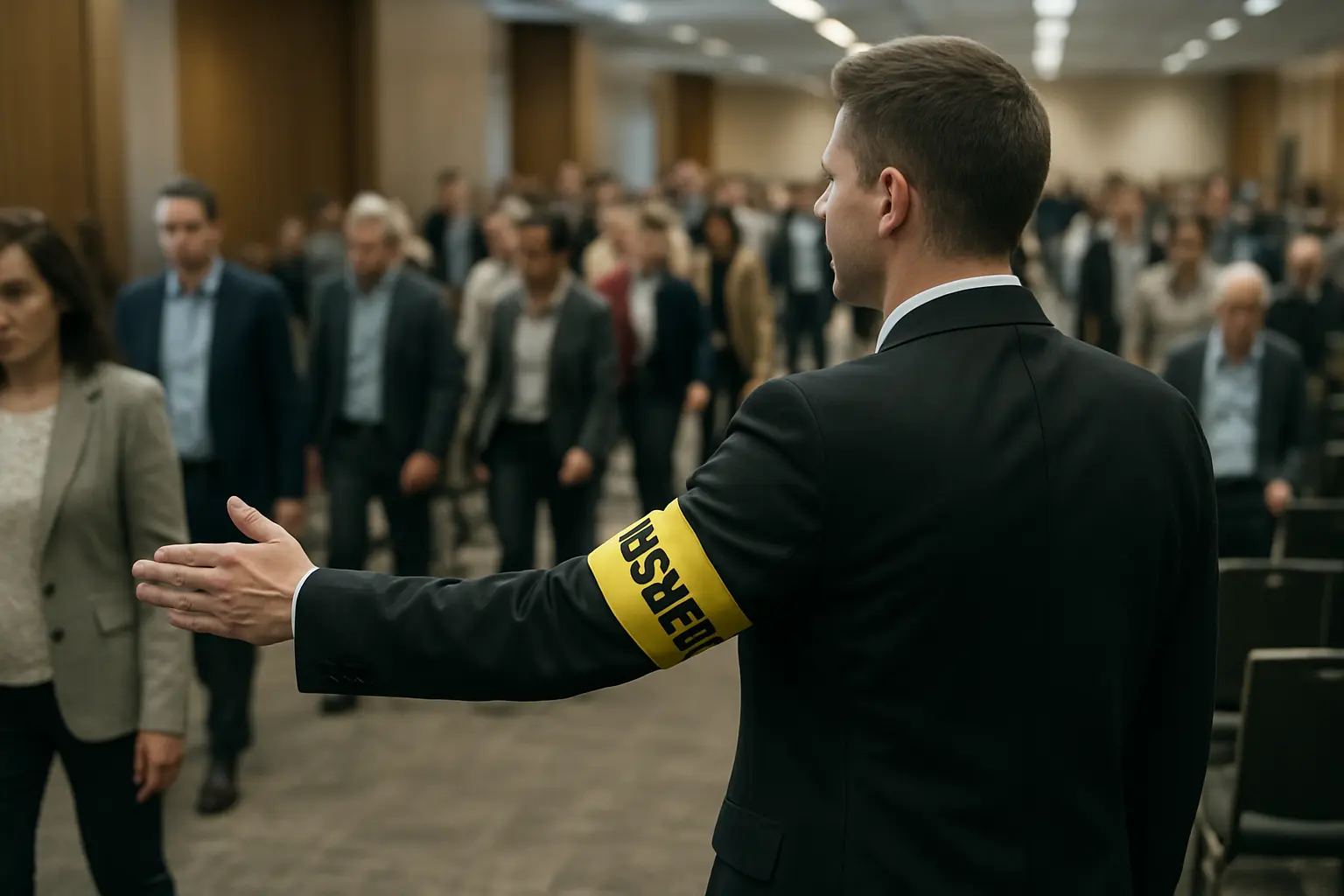
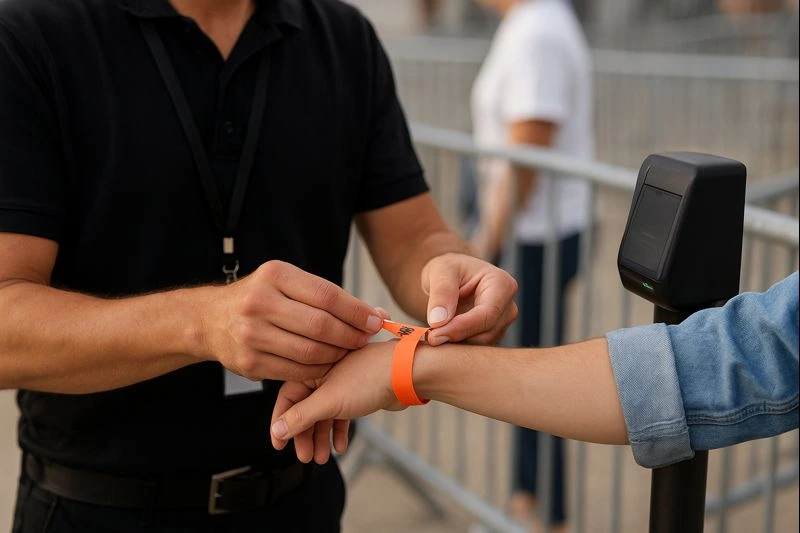


%20(2).webp)

.webp)
.webp)
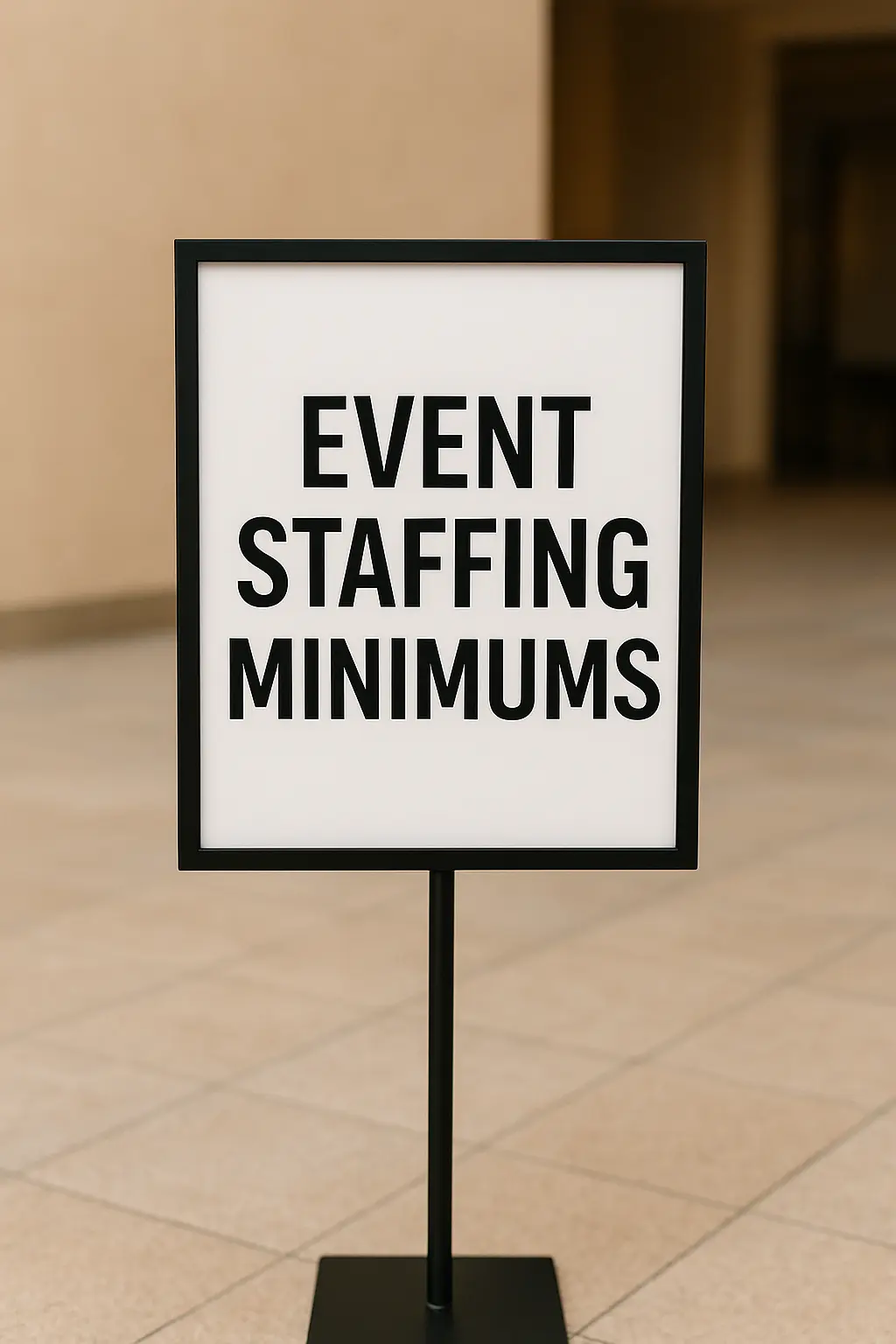
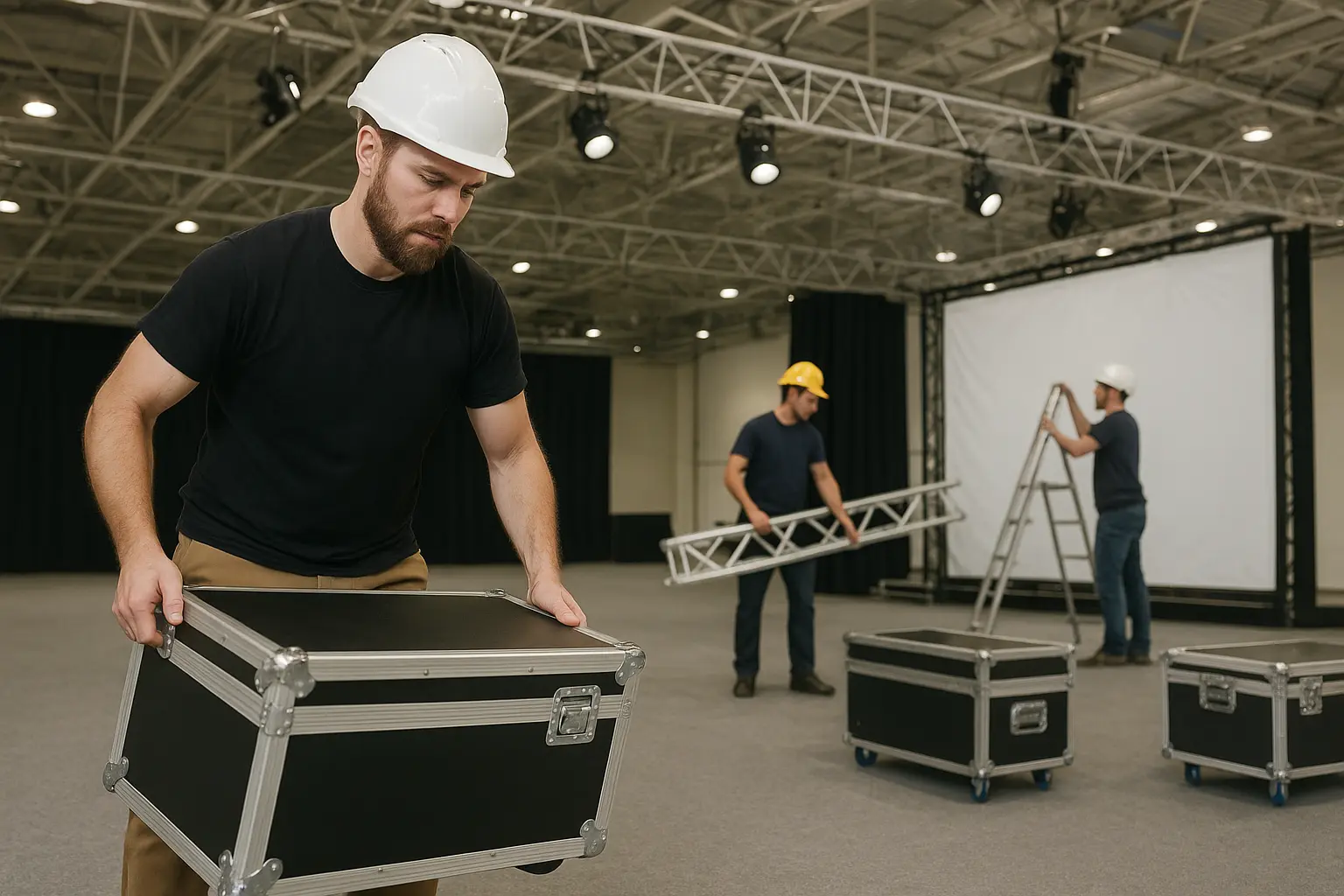
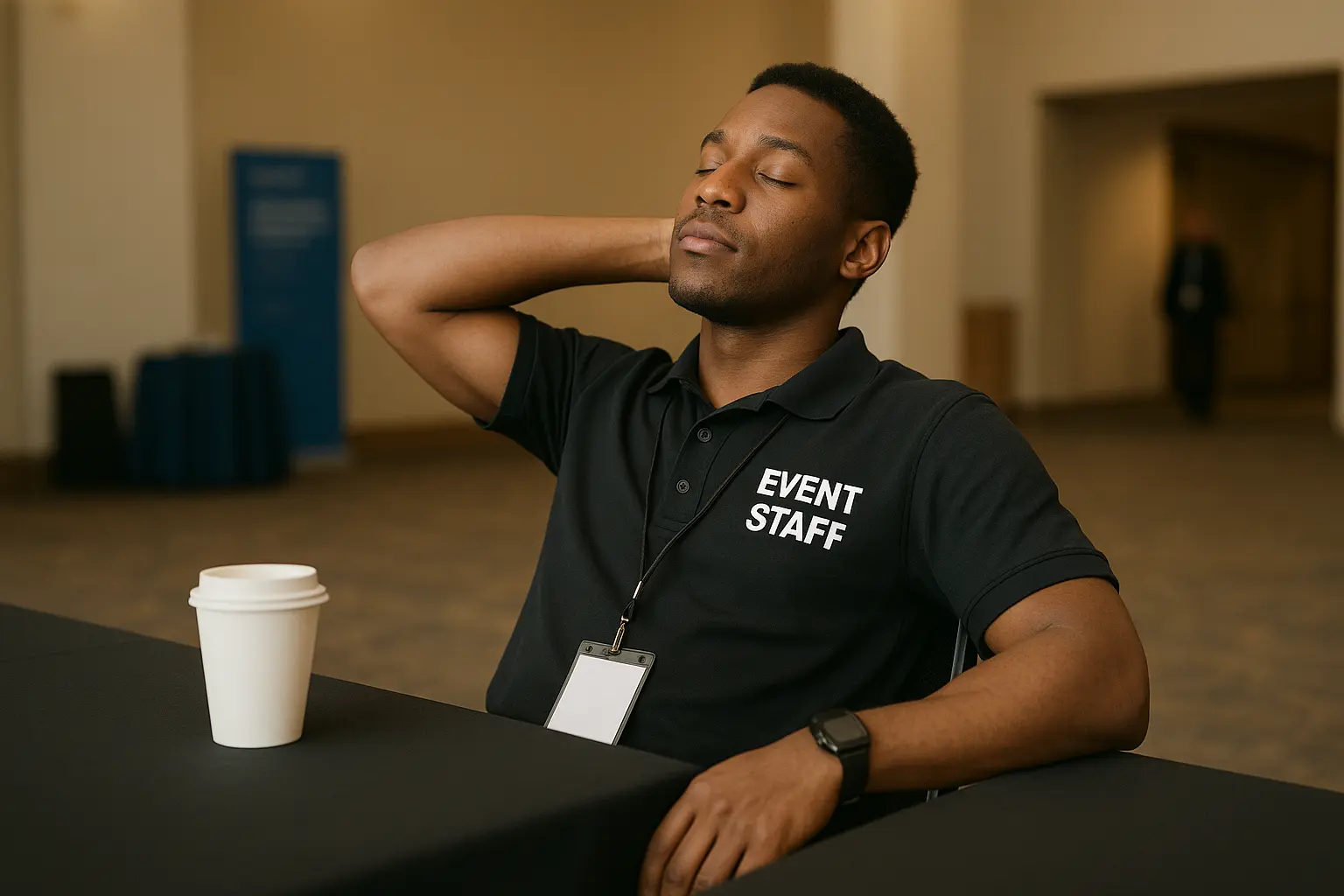
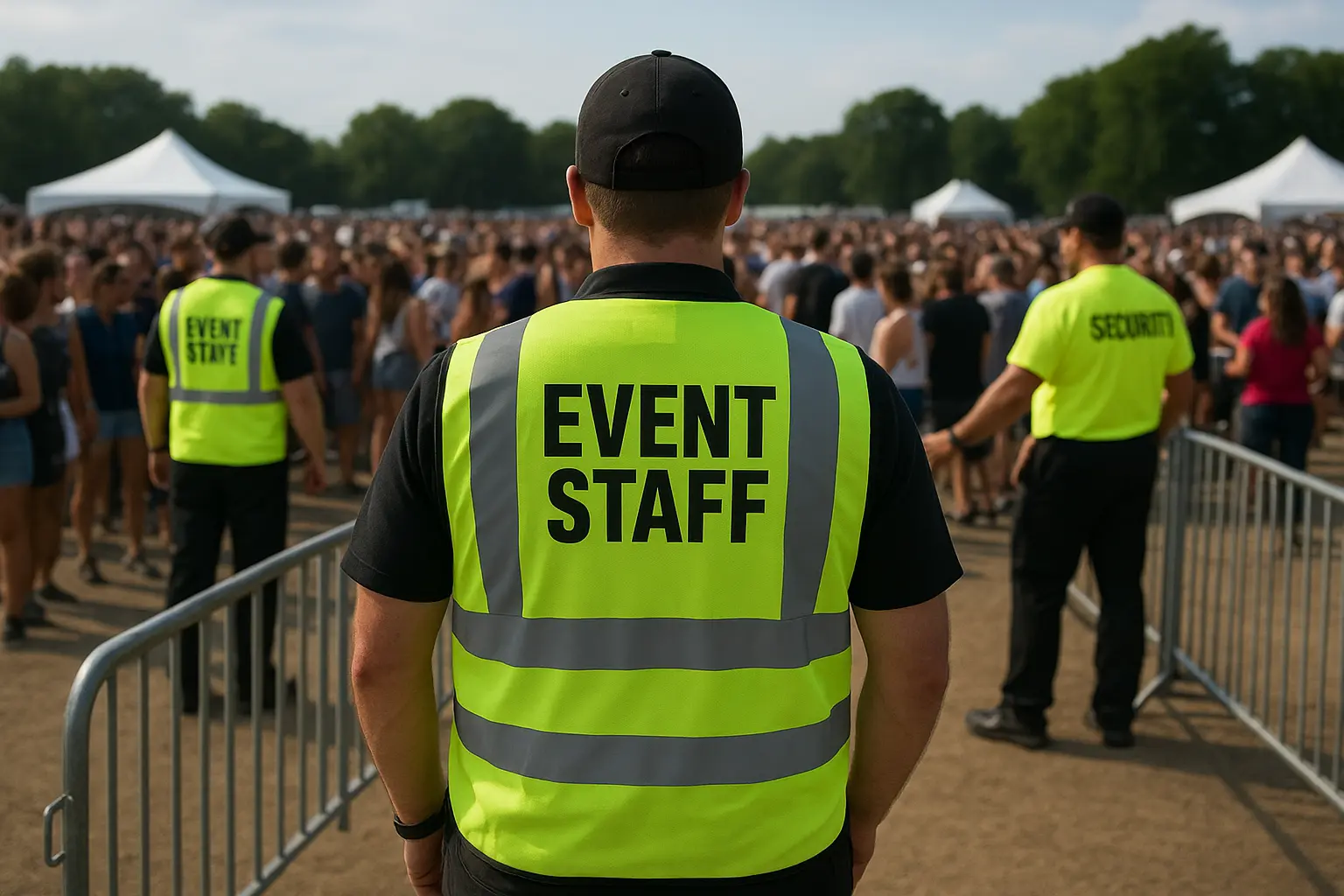
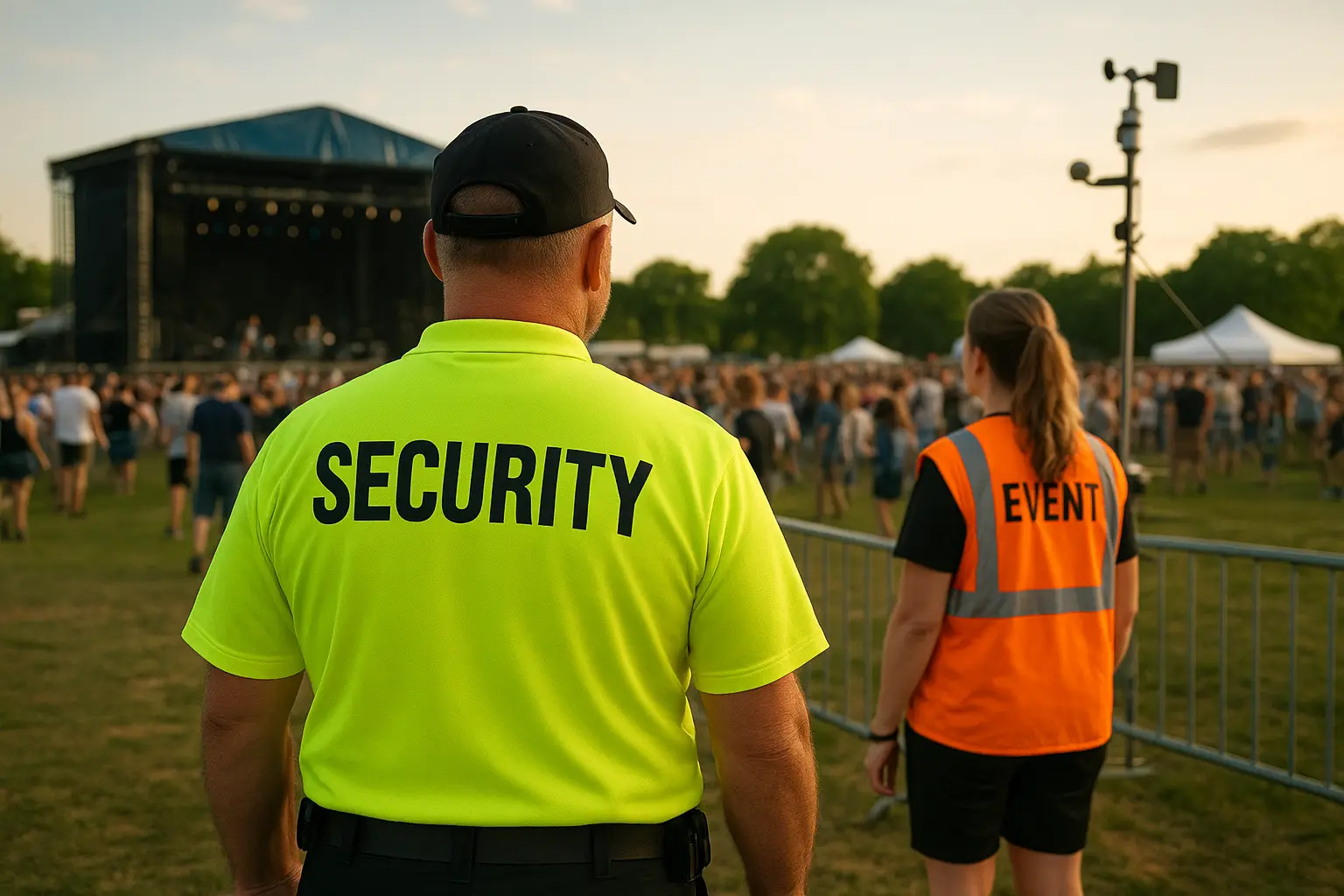
.webp)
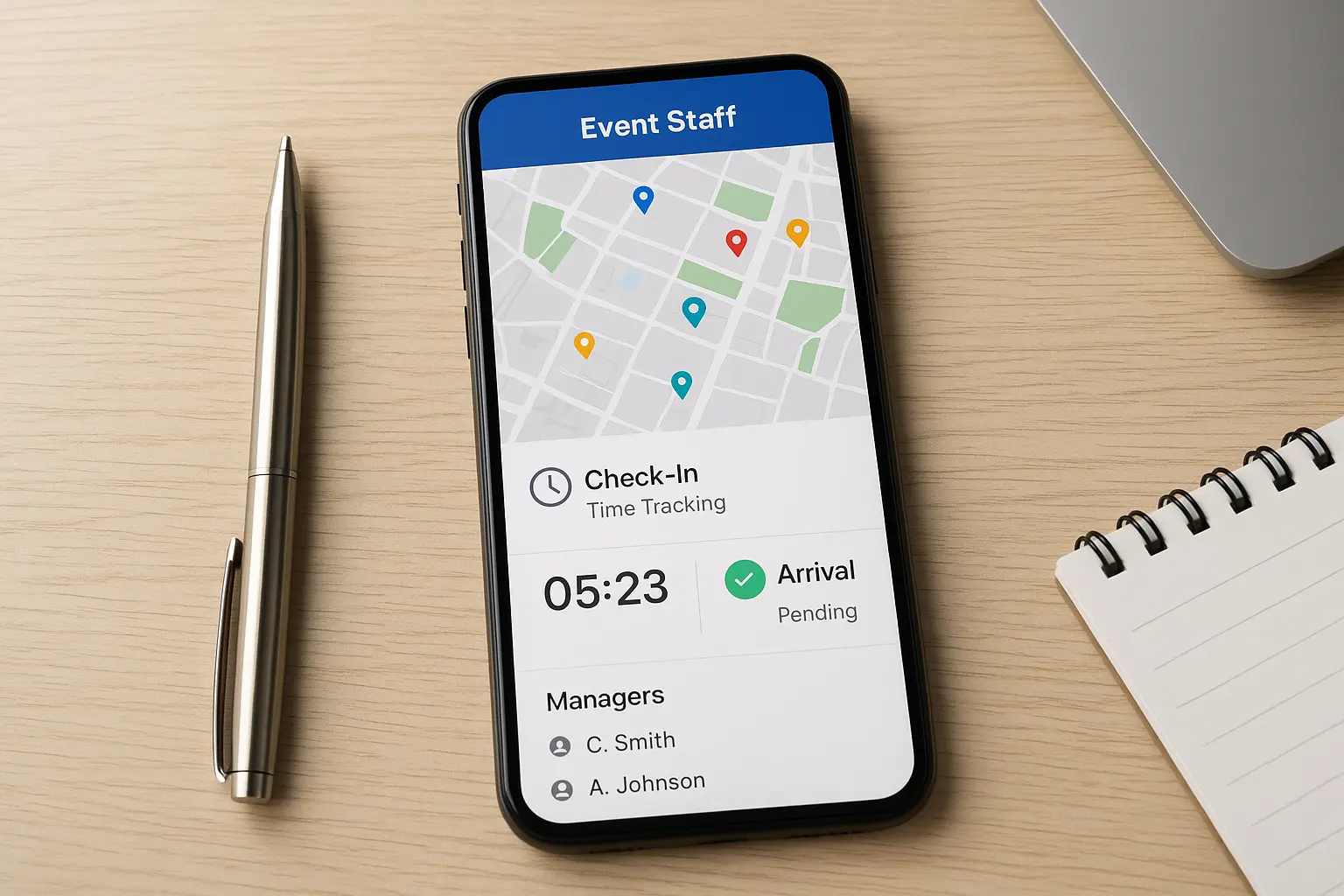
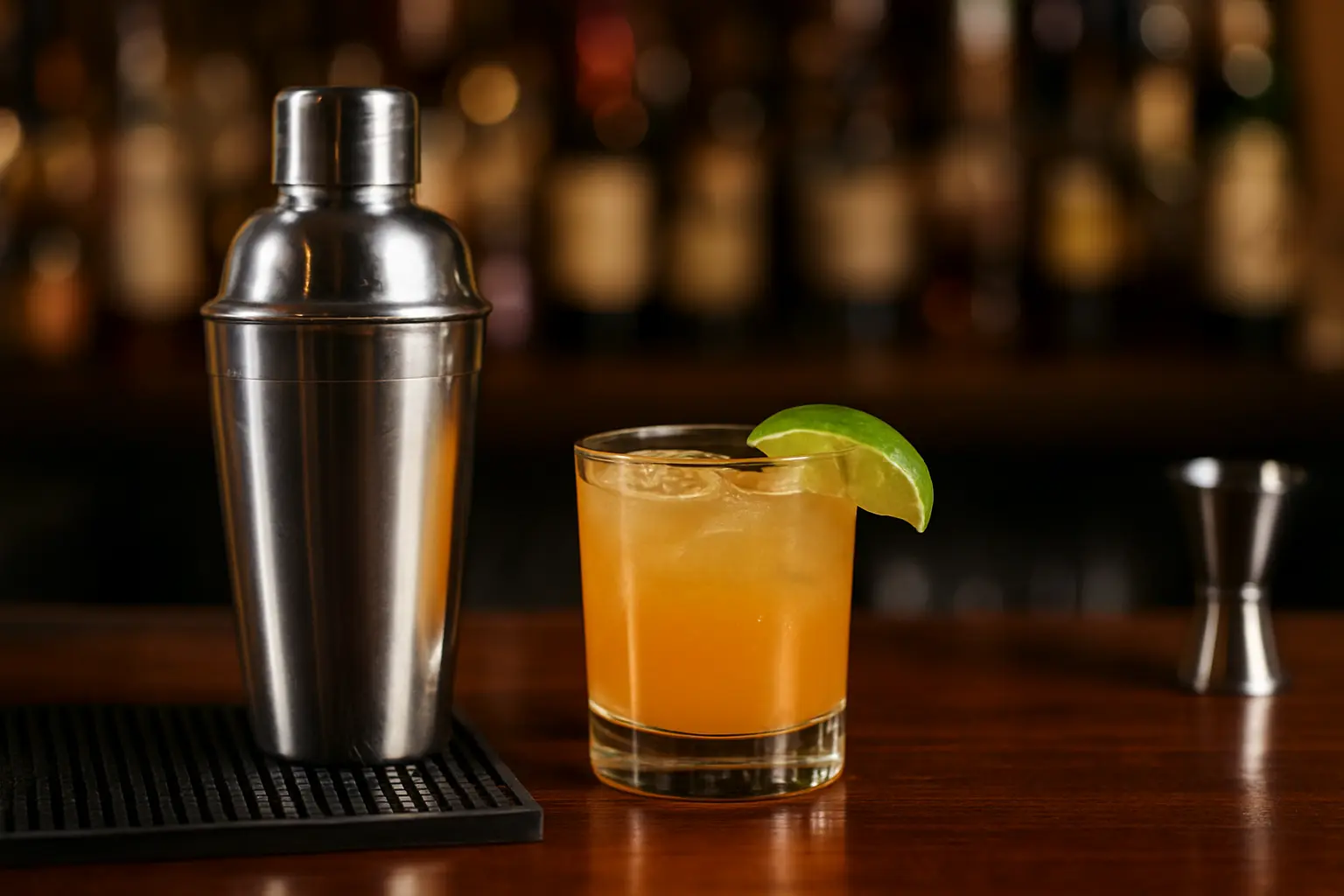
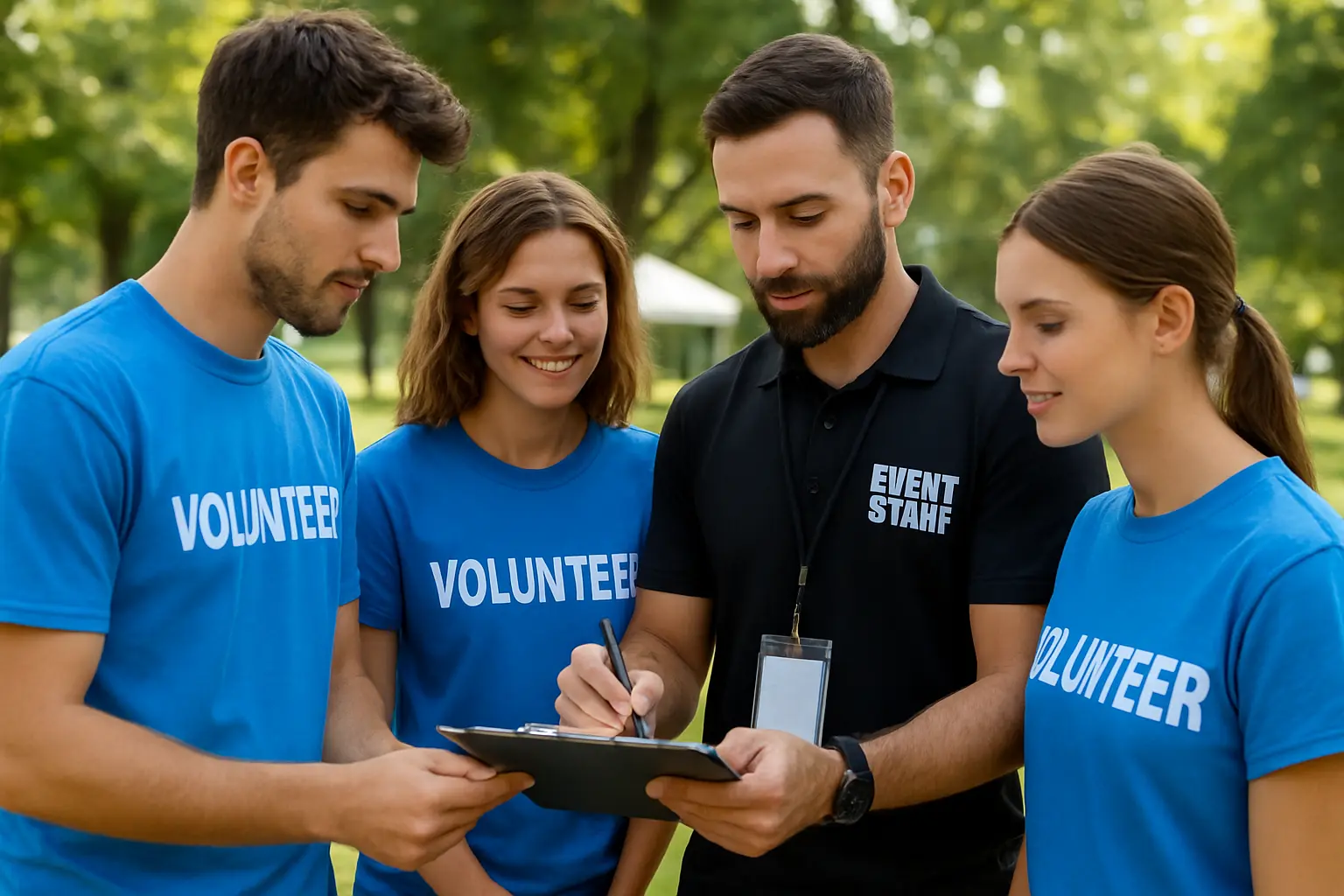



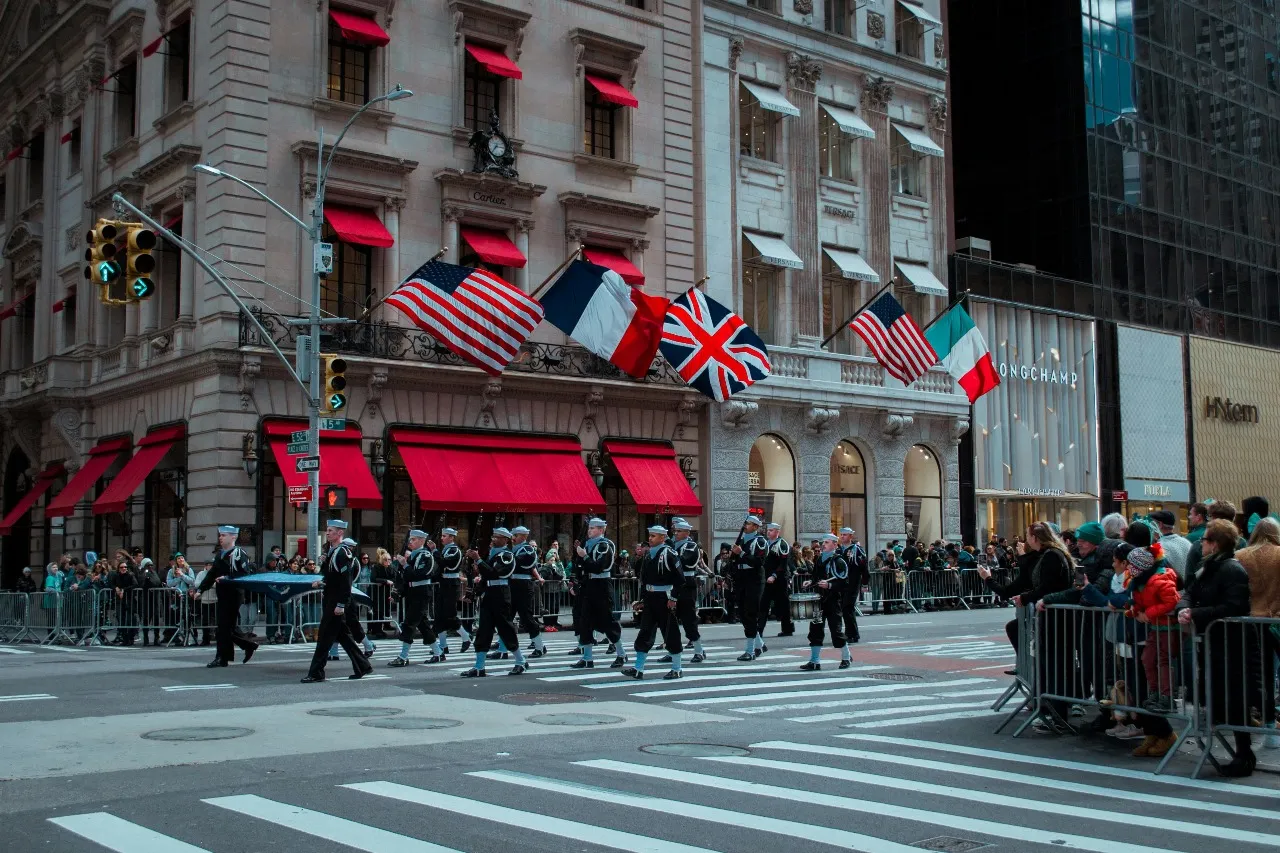

_1000x500%20(1).webp)
